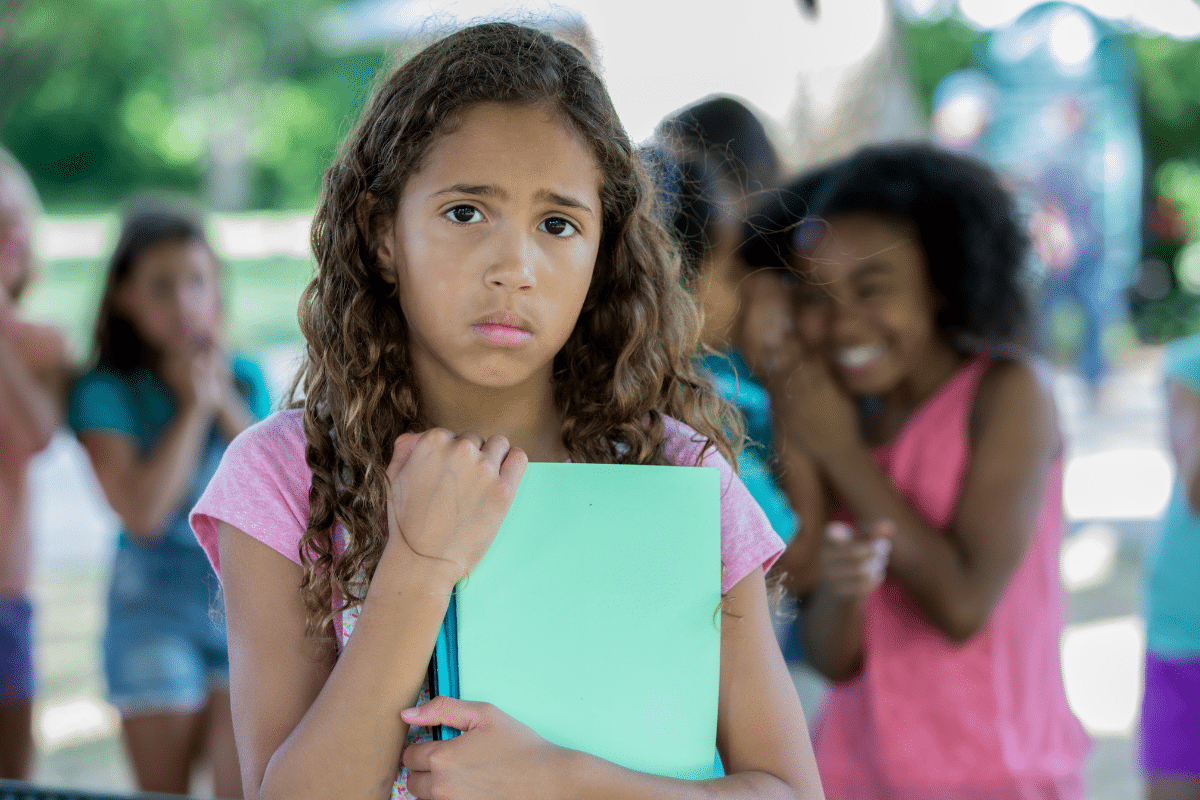Parents invest a lot of energy into their children’s well-being. You want them to be safe, surround themselves with good friends, and grow academically and emotionally. But when challenges like bullying arise, it can be overwhelming. This article explores the six steps you can take as a parent if your child is being bullied at school.
6 Steps to Take as A Parent If Your Child is Being Bullied at School
Know the signs.
First and foremost, it’s essential to know the signs of bullying. Not every child will communicate directly with you about what’s happening. Often children will try to avoid school, saying they don’t feel well or even take part in self-mutilation like scratching, hair pulling, or cutting in more severe cases. For boys who are gay or atypical, it can be common to avoid using the bathroom all day at school for fear of being teased. If your child comes home running to the bathroom, that may be another indicator of bullying.
Practice active listening.
It makes sense to want to jump into helper mode when you learn your child is being bullied, but providing a safe place where your child has room to share is crucial. Allow them to talk about their experience without interrupting and ask them how the experience has made them feel. Encouraging your child to notice their emotions and validate them can be extremely healing and a great life skill in the long run. Don’t assume that your child has done something to cause the teasing when they tell you; teasing doesn’t always make sense and has more to do with the person teasing than the victim. Lastly, practice regulating your own emotions. If you easily get upset and say you’re going to confront the bully yourself, your child may regret telling you anything in the first place. Listen first. Empower your child. After letting your child share the bullying experience, empower them to come up with solutions. Ask questions like: What do you think you can say or do next time something like this happens? If they come up with an idea that you think may not go over well, try asking them: What do you think might happen if you take that route? Helping your child play out the scenario in their head will teach them to think through their actions before choosing said actions. When you encourage your child to brainstorm their own solutions, you’re also inadvertently showing them they are resilient and have the potential to help themselves out, which can be extremely empowering for a child.
Use your resources.
If your child won’t talk to you about being bullied, see if you can find someone they might feel comfortable talking with about it. It can be another family member like an aunt or uncle, a counselor, or a personal coach. Sometimes kids just can’t open up to their parents about certain issues for fear of judgment, misunderstanding, or assuming the parent just won’t get it. It’s OK! Part of being a good parent means knowing when to tap into other resources to help your child. It takes a village to help a child, so don’t be so hard on yourself if they’re not coming to you. The important thing is that they are getting help.
Speak with teachers.
As soon as you discover your child is being bullied, call and set up an appointment with the school counselor or a teacher you trust. It’s essential to be discreet about it so your child doesn’t feel like more people know than necessary, but involving a teacher in the school with your child can help find a solution. When you meet with the teacher or counselor, explain the impact the bullying is having on your child. Teachers aren’t always aware of the bullying since kids tend to do it when teachers aren’t around, so fill the teacher in on what’s happening. You might want to reach out to the principal if the issue is more serious. Ask them what steps the school can take to fix this problem.
Check your child’s phone regularly.
It’s 2022 and therefore, bullying is also happening online. While it’s important to allow your kids some privacy, you are the parent and are most likely paying for your child’s phone; therefore, make it known that you will do random phone check-ins to ensure your kid is practicing safe practices. With social apps like Instagram, Snapchat, and TikTok becoming increasingly popular, cyberbullying has become an even more significant threat. Have conversations with your children about posting and commenting in healthy, kind ways, and check in to confirm they are safe.
Contact Us Today
Bullying can severely impact a child’s mental health and well-being. Bullying can cause feelings of rejection, exclusion, low self-esteem, and even depression and anxiety in young people. If your child is struggling with bullying, you are not alone. Here at Advanced Behavioral Health, our team of experts offers individual and group therapy, youth mentoring, and specializes in treating childhood depression, stress and anxiety, and post-traumatic stress disorder. Call us today at 301-345-1022 or send us a message online here.
